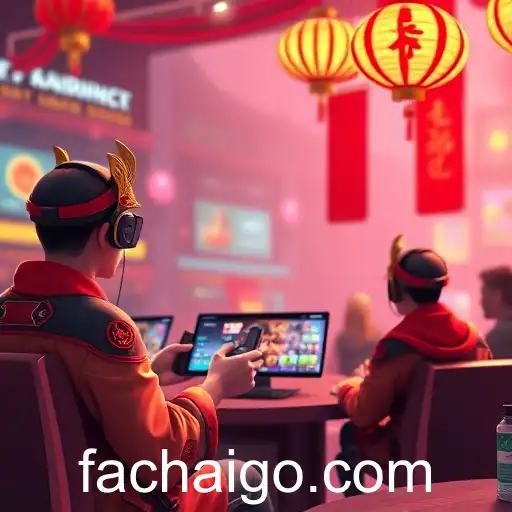
The online gaming industry has seen remarkable transformations over recent years, driven by technological advancements and cultural shifts. One of the key trends that has emerged is the role of 'fachai', signifying prosperity in Chinese culture, as an engaging theme for English game websites. This term, now synonymous with luck and fortune-themed games, has captivated a broad audience, impacting game design and user interaction globally.
The year 2025 marks a new era of interconnected gaming experiences. Developers are increasingly incorporating real-time feedback and machine learning to enhance player engagement. This advancement provides players with personalized experiences, driving user retention rates higher than ever before. Many platforms have adopted virtual reality (VR) and augmented reality (AR) to immerse players in dynamic environments, reflecting the zeitgeist of the gaming culture today.
Moreover, the social aspect of gaming has transformed significantly. Game websites are no longer just about individual prowess. Instead, they've become community hubs where players can connect, share strategies, and form strategic alliances. Social gaming mechanics are no longer an afterthought; they are a driving force behind many new game releases.
In addition, the global gaming audience has broadened, with increased accessibility and mobile gaming options. Many platforms now accommodate diverse linguistic and cultural backgrounds, offering multilingual support and localized content to engage users more effectively. As a result, we've witnessed a greater appreciation for diverse narrative forms and aesthetic styles, enriching the gaming landscape.
It is evident that the fusion of cultural themes like 'fachai' with cutting-edge technology is paving the way for future innovations in gaming. These trends signal a move towards more culturally nuanced and technologically advanced gaming experiences, which promise further evolution of the online gaming sphere.


